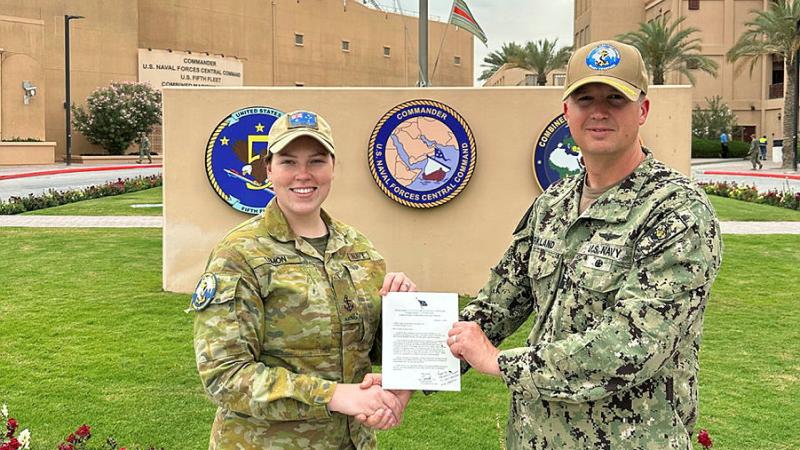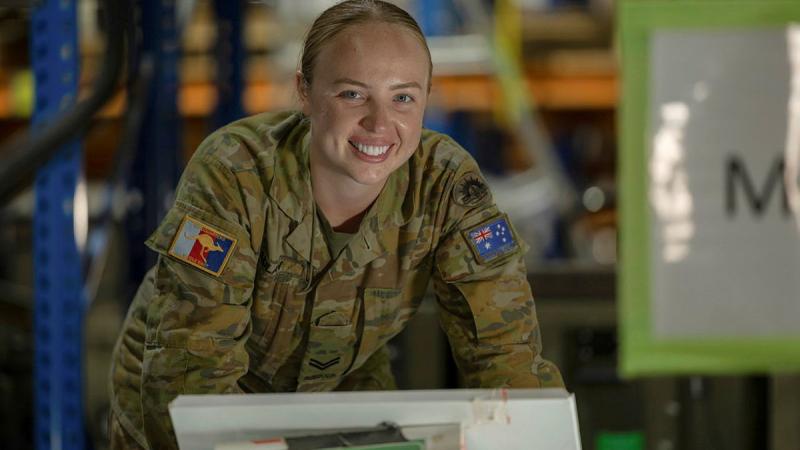A new report on general practice in Australia shows that mental health conditions are among the most common issues dealt with in general practice.
The report, released today by NPS MedicineWise, and commissioned by the Australian Government Department of Health, looks at 2.7 million patients’ de-identified data showing common chronic health conditions in 2017–18 and the clinical management the patients received.
Chief Medical Officer Professor Brendan Murphy said the General Practice Insights Report 2017–18 shows that hypertension, depression, anxiety, asthma and arthritis are common chronic conditions with which patients present to GPs.
“This report demonstrates that mental health conditions are one of the most common issues dealt with in general practice, and echoes the findings published recently by the Royal Australian College of General Practitioners in its Health of the Nation Report 2019,” Professor Murphy said.
“Mental health conditions in general are common across all ages, with more females affected than males, but unlike most medical conditions which become more prevalent with age, anxiety decreases with age.
“Anxiety was most common in the 20–29 year age group, and depression was most common in the 40–49 age group.
“Both anxiety and depression were twice as prevalent in teenage girls than teenage boys.”
The report examines MedicineInsight data from the clinical software of participating general practices.
NPS MedicineWise CEO Adj A/Prof Steve Morris said that MedicineInsight has become a useful and robust dataset for insights into general practice in Australia which will inform policy and research to improve health outcomes for all Australians.
“The General Practice Insights Report gives a patient-focused overview of general practice activity in Australia,” Mr Morris said.
“From this report, we know that common medicines prescribed in Australia in 2017–18 were those used to treat cardiovascular and nervous system disorders. Opioids account for 10 per cent of all original prescriptions and are the focus of a new national NPS MedicineWise educational program launched this month.
“Common pathology tests were full blood counts, liver function tests and tests for cholesterol.”
The report found that among patients who visited a GP at least once during 2017–18:
- Females had on average 0.7 more clinical encounters with a GP per year than males
- Influenza or influenza-like illnesses were recorded as diagnoses for 1.3 per cent of patients
- Almost 70 per cent of patients had at least one prescription issued
- The average number of original prescriptions per patient was 3.6
- 6.4 per cent of patients had 15 or more original prescriptions issued
- 42.2 per cent of patients had at least one pathology test result. Patients who had higher numbers of pathology test results were more likely to be older, or to have a chronic condition such as heart failure.
“This report also contains insights such as which medicines are most likely to be prescribed privately, in which circumstances repeat prescriptions are being issued, and ways MedicineInsight data are already being used in quality improvement projects,” Mr Morris said.
“For example, as part of our current nationwide educational program on anxiety for health professionals, participating MedicineInsight general practices are receiving quality improvement reports along with a discussion with an NPS MedicineWise educational visitor about their own patterns of prescribing and patient care in treating this common condition.
“I want to acknowledge general practices around Australia for their willingness to share their de-identified data. This, combined with the excellent data governance framework surrounding the data, ensures that this information is used for public good and to ultimately improve health outcomes.”
To read the full General Practice Insights Report 2017–18, go to www.nps.org.au/medicine-insight
About MedicineInsight
MedicineInsight is developed and managed by NPS MedicineWise, with funding from the Department of Health. It is used to improve the care general practitioners provide to their patients. It does this by securely collecting de-identified clinical data from clinical information systems to help understand patient trends over time, identify service delivery opportunities and then providing this information back to general practitioners. The RACGP ethics committee has approved the standard operations and uses of the MedicineInsight program.








